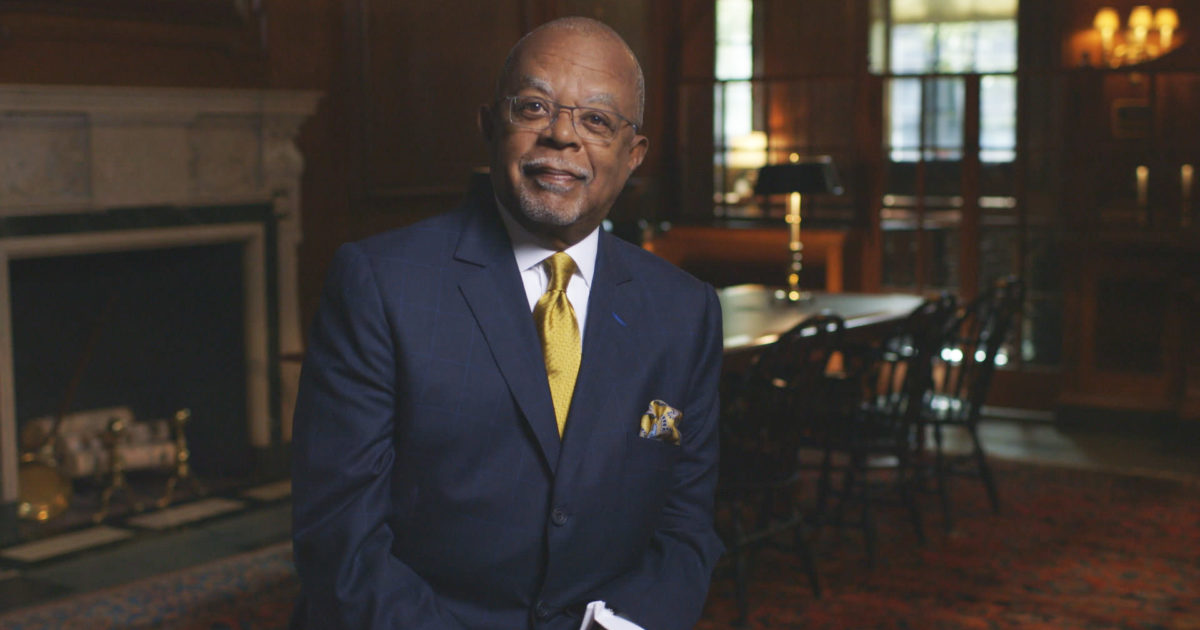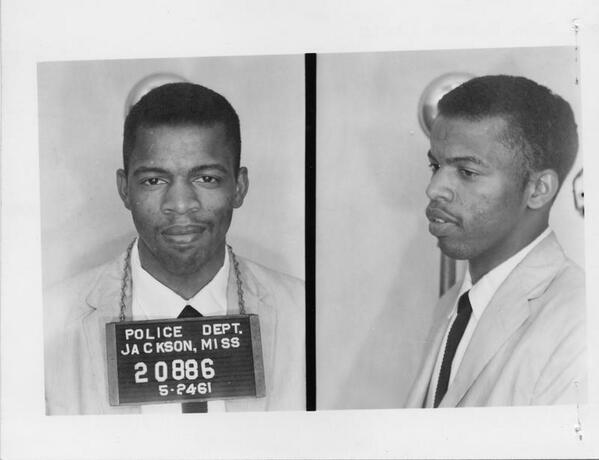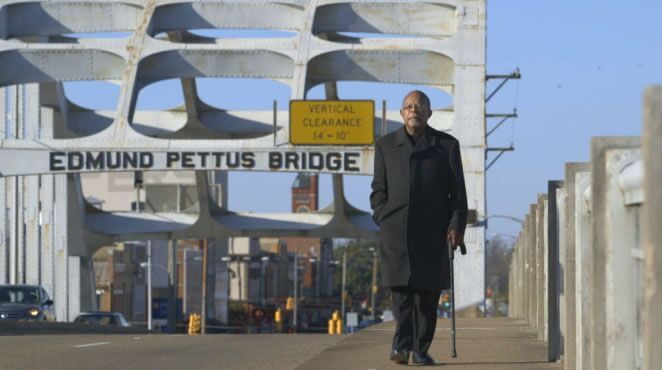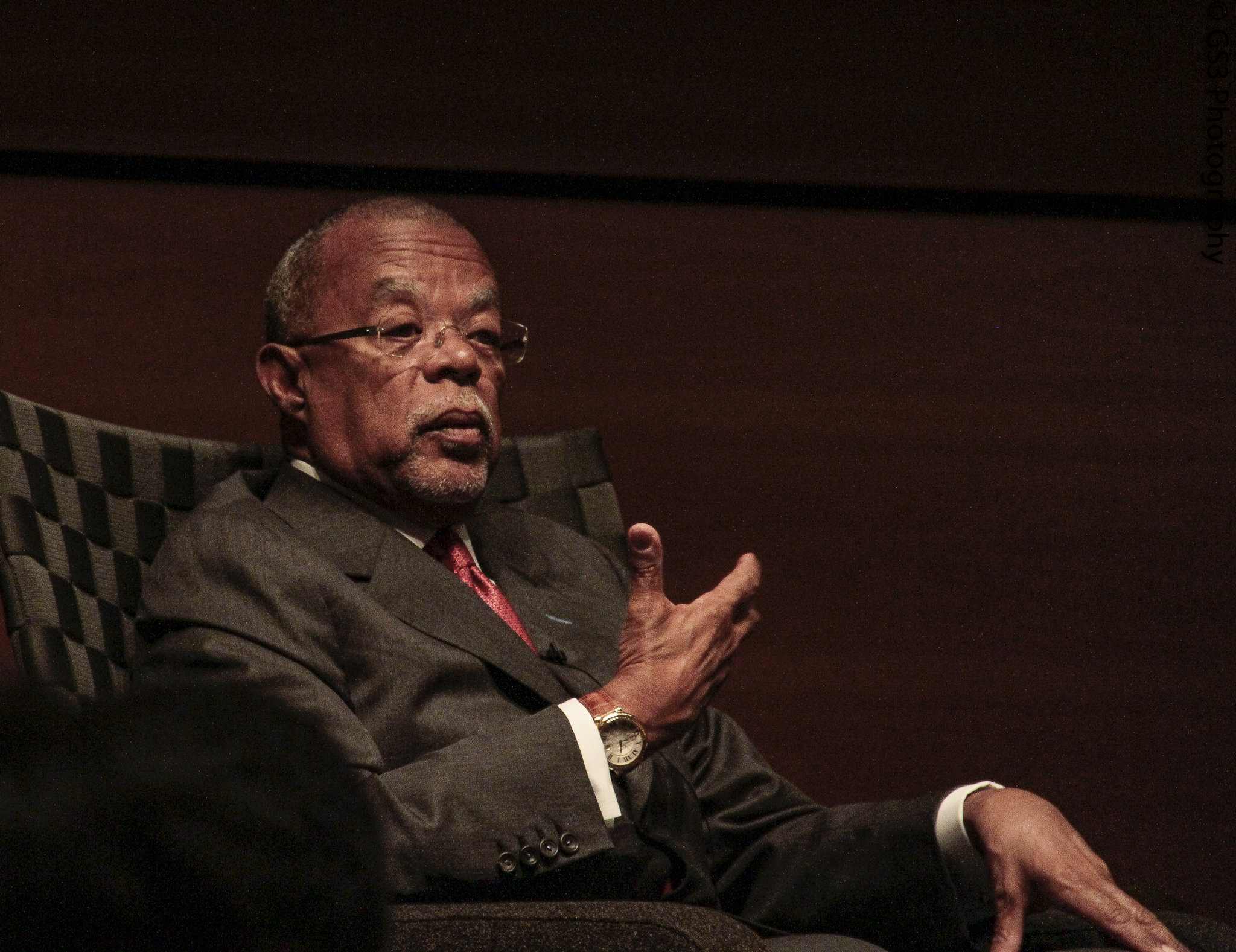Henry Louis Gates Jr. rarely speaks about one of his most publicized moments — the July 2009 arrest by Sgt. James Crowley at his Cambridge home, leading to the infamous “beer summit” at the Obama White House.
Now the multi-hyphenate — historian, TV host, executive producer, editor, Harvard professor and Anisfield-Wolf jury chair — reflects on that incident, some 11 years later, in a new interview with New York Times magazine.
“President Obama made an innocent comment that the arrest was stupid, which it was,” he told the publication. Then all of a sudden all these racists are beating up on him. My whole attitude was channeled through the desire to protect our first black president.”
Throughout the interview, Gates toggles from subject to subject, from myths of the slave trade to his thoughts on the remaining Democratic presidential candidates. (No official endorsement yet but he’s got his eye on Michael Bloomberg.)
A few highlights:
On his perspective of the beer summit” incident:
I thought that it would be hubristic and dishonest if I compared what happened to me to what happens to black people in the inner city….Well, that might be related to police excesses and abuses, but it’s a far end of the scale, and I was able to reverse what happened to me, unlike an Eric Garner.
On America’s responsibility for reparations:
I do believe that it’s impossible for any rational person not to understand the cost of 400 years of slavery and then another century of Jim Crow. We have to find ways to compensate for that cost. Affirmative action, to me, is a form of reparations. So is health care — Obamacare or a variant. And there’s reform of public education. One of the most radical things we could do to reform public-school education would be to equalize the amount of money spent per student in every school. That is never going to happen, but that would constitute a radical shift.
On the quiet objective of his PBS show, “Finding Your Roots”:
I’m trying to use the popularity of “Finding Your Roots” to get these political messages in there without being a scold. I am trying to deconstruct notions of racial purity. There is no racial purity. We are all diverse. Showing diversity is important to me politically and insofar as we can achieve that, our series has an educational value for the larger country, particularly at a time when we’re at Redemption [the period of white rollback of black progress following Reconstruction] redux.



